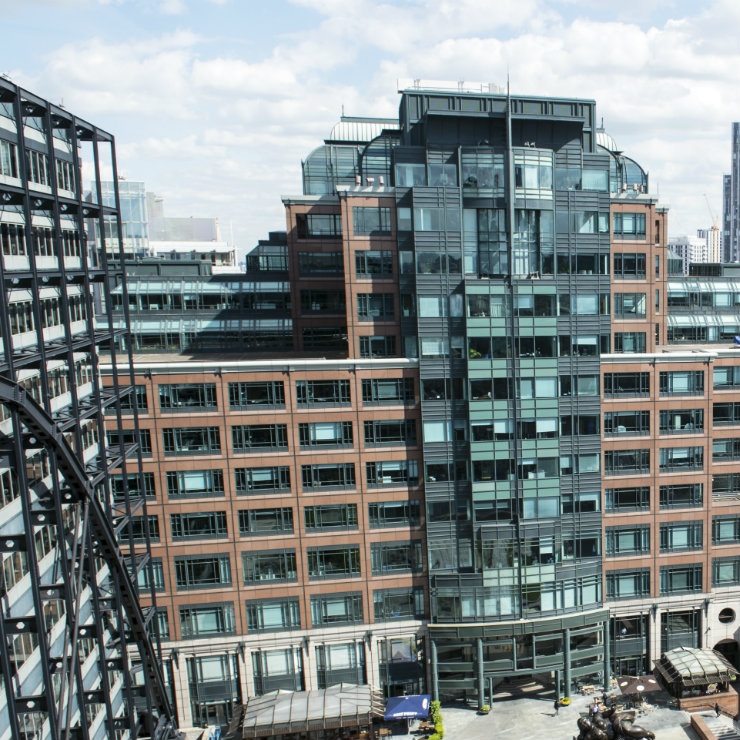
A resumption of lending in Russia by the European Bank for Reconstruction and Development (EBRD) remains a distant perspective, even after the restart of the Ukraine peace settlement. Nevertheless, the EBRD is facing a...
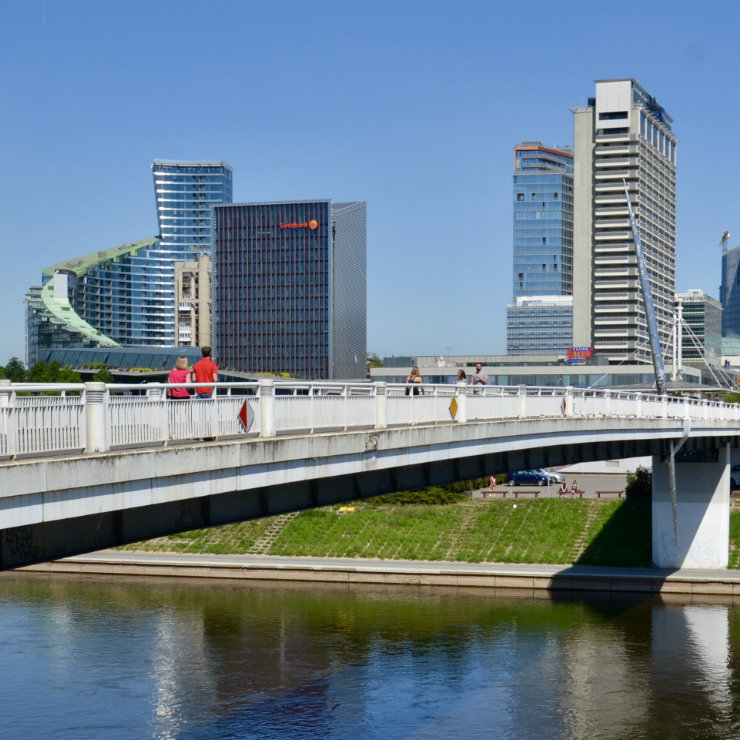
Last year, 14 per cent of Lithuania's exports went to Russia, the largest share among the country's other importers. Latvia is Lithuania's second biggest trade partner, followed by Poland and Germany.
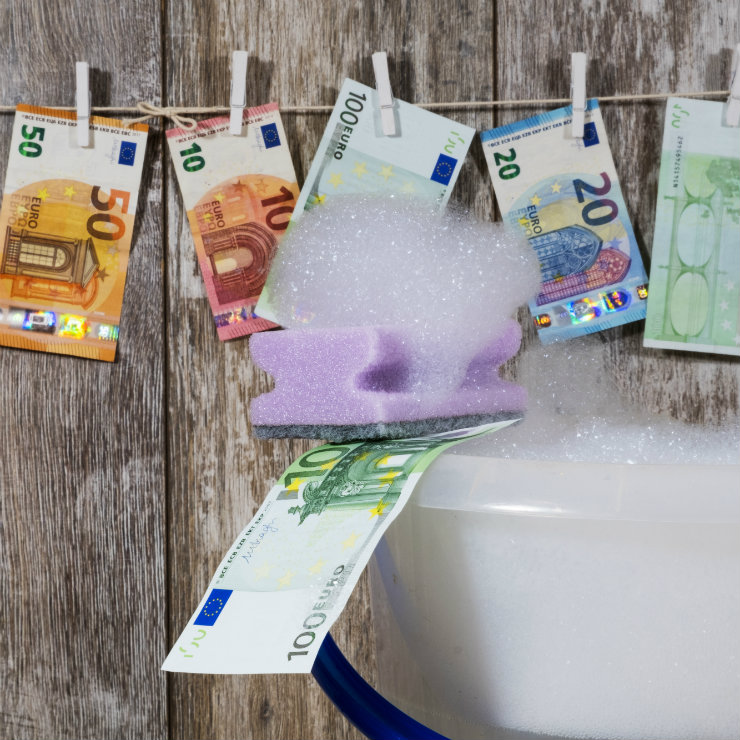
Banks in Estonia have not yet plugged all the gaps in their money laundering controls, the Baltic state’s regulator said, pledging to maintain a clampdown.
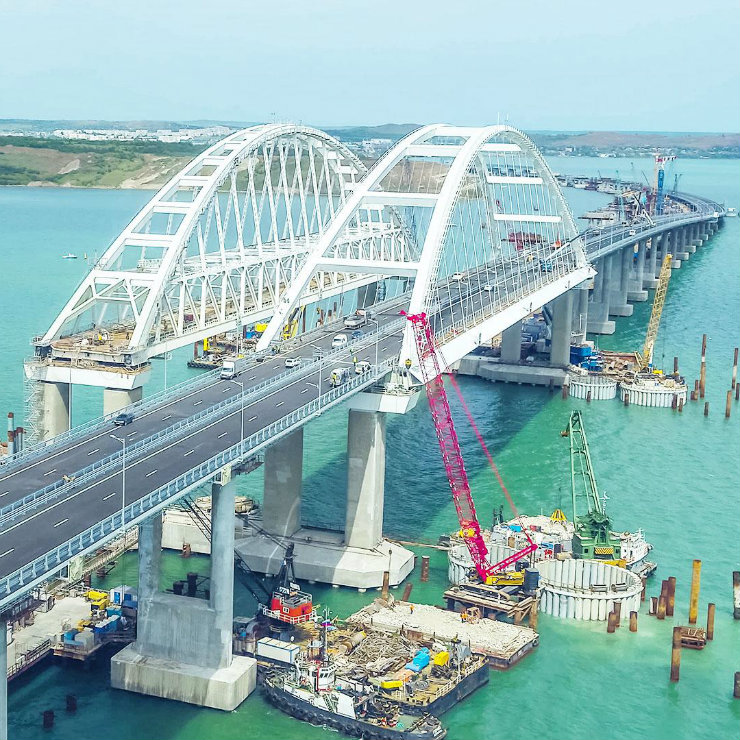
The blockade of Ukrainian ports on the Sea of Azov could have serious consequences for country’s economy. One solution would be to reroute the flow of goods to ports located on the Black Sea.

Serbia signed an agreement with Russian Nuclear Energy Corporation for the development of innovations and new technologies in the field of nuclear energy for peaceful purposes, primarily in medicine and agriculture.

Seven German MEPs across the political spectrum called on the German government to clarify its position on the politically contentious planned Nord Stream 2 gas pipeline linking Russian natural gas sources with German consumers.
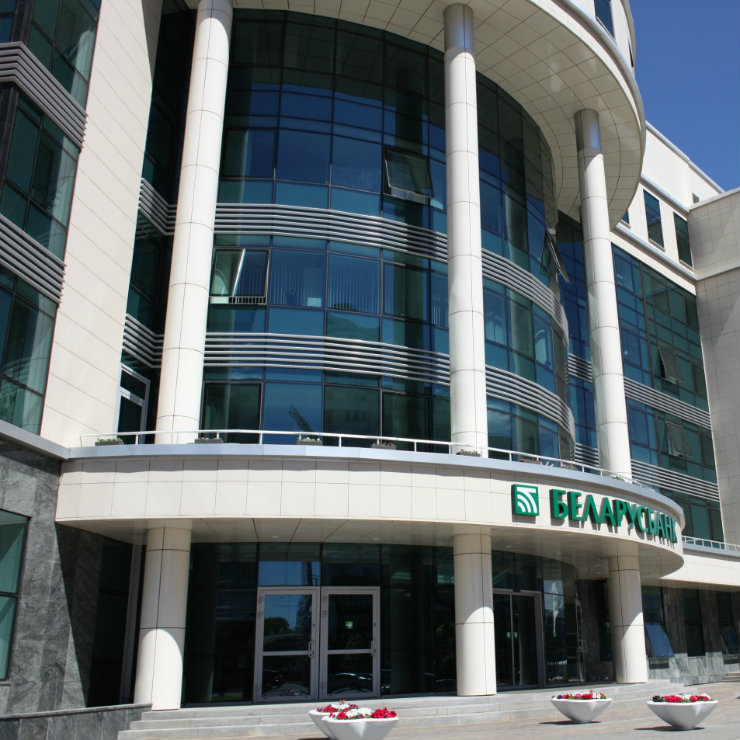
The banking sector of Belarus, already shaken by the US sanctions that affect the local subsidiaries of Russian leading state-owned lenders, will face further problems if the US administration adopts new restrictions against...
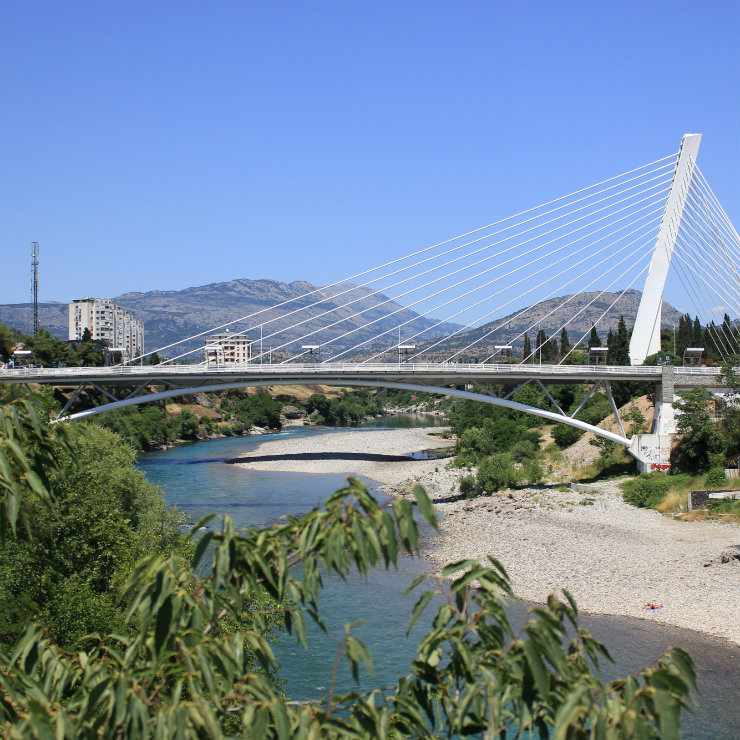
Russia doesn’t like Montenegro’s integration with Euro Atlantic structures so as a main economic partner so far, threatens Podgorica with economic sanctions.
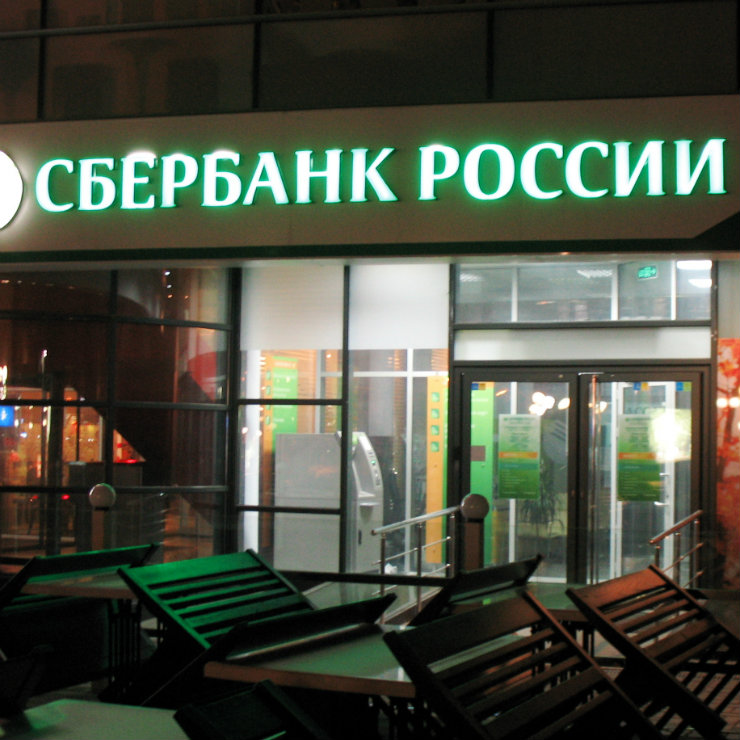
Banks with Russian capital, which have so far maintained a strong position in Ukraine, are now slowly preparing to retreat.
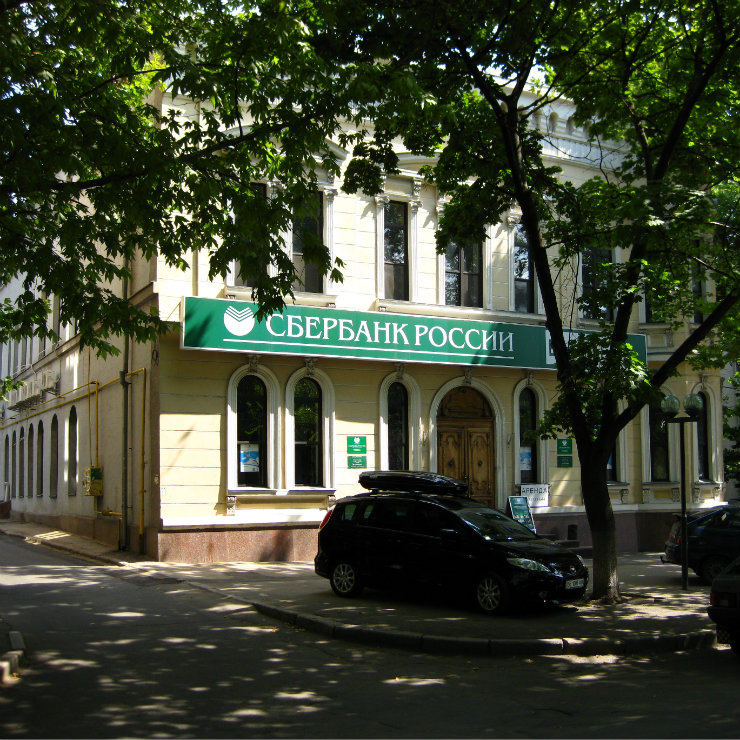
Three years after the Russia’s aggression on Crimea, Russian businesses are feeling very much at home there. Capital from the north does not lose ground, but is gaining new outposts.